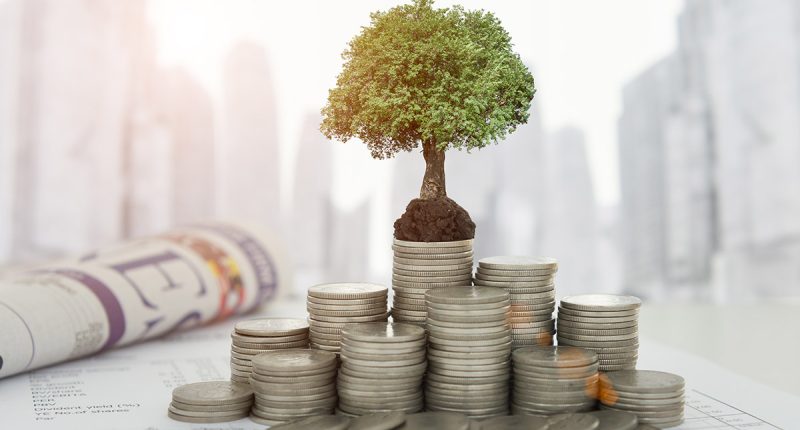Unlocking Capital for a Greener Future
The Rise of Green Bonds
Green bonds have emerged as a cornerstone of sustainable finance, channeling billions into projects that tackle climate change and environmental challenges. In 2025, these bonds fund everything from renewable energy plants to energy-efficient infrastructure, offering investors a way to support eco-friendly initiatives while earning returns. Issued by governments, corporations, and institutions, green bonds are designed with transparency, ensuring funds are allocated to verifiable green projects. Their growing popularity reflects a broader shift toward investments that align financial goals with planetary health.
Transition Finance Bridges the Gap
Supporting High-Emission Sectors
Transition finance is gaining traction as a tool to help carbon-intensive industries, like shipping or manufacturing, shift toward sustainability. Unlike green bonds, which focus on inherently eco-friendly projects, transition finance supports companies in reducing their environmental footprint through incremental changes. In 2025, this approach funds innovations like low-carbon cement production or electrified transport fleets. By providing capital to industries in transition, this financing model ensures that even the most challenging sectors can contribute to a net-zero future.
Driving Accountability in Investments
Standards Ensure Credibility
The success of green bonds and transition finance hinges on robust standards that prevent greenwashing. In 2025, frameworks like the Green Bond Principles and climate transition plans ensure funds are used as promised, with regular reporting on environmental impact. Investors now demand detailed metrics, such as carbon emissions reduced or renewable energy generated, to validate their investments. This transparency builds trust, encouraging more capital to flow into sustainable projects while holding issuers accountable for meaningful outcomes.
Expanding Access to Sustainable Funding
Inclusive Finance for Smaller Players
Green bonds and transition finance are no longer exclusive to large corporations or governments. In 2025, smaller businesses and municipalities are tapping into these markets, thanks to innovative financial instruments like green municipal bonds and blended finance models. These tools allow local communities to fund projects like urban green spaces or energy-efficient public buildings. By democratizing access to sustainable finance, these mechanisms empower diverse stakeholders to drive environmental progress at every level.
Economic Benefits Meet Environmental Goals
Job Creation and Growth
Sustainable finance is proving to be a catalyst for economic growth in 2025, creating jobs in renewable energy, green construction, and clean technology sectors. Green bonds fund projects that employ thousands, from solar panel installers to engineers designing low-carbon infrastructure. Transition finance, meanwhile, preserves jobs in traditional industries by supporting their shift to greener practices. This dual benefit of economic and environmental impact makes these financial tools a win-win for communities and investors alike.
Navigating Challenges for Broader Impact
Overcoming Costs and Complexity
Despite their promise, green bonds and transition finance face hurdles like high issuance costs and complex certification processes. Smaller organizations often struggle with the resources needed to meet stringent standards. In 2025, efforts are underway to streamline these processes, with digital platforms simplifying reporting and subsidies offsetting costs for smaller issuers. As these barriers are addressed, sustainable finance is poised to scale, unlocking even greater potential to fund a resilient, low-carbon world.









